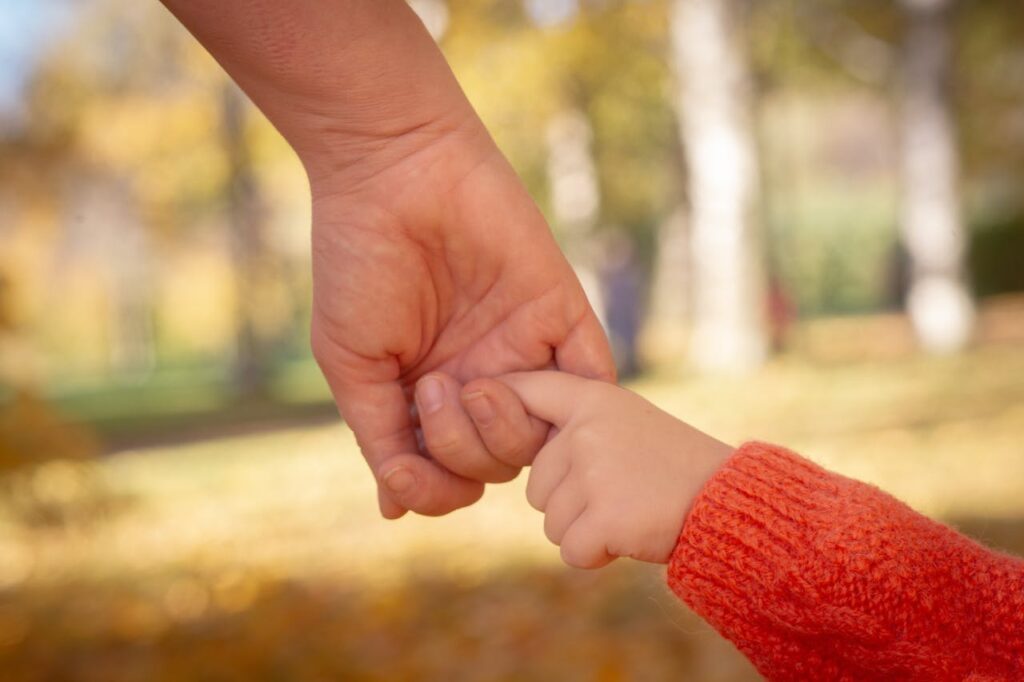The way you were raised in leaves a deep imprint on how you see the world. Many of these beliefs are hidden in your subconscious and shape the way you handle relationships, money, career, and even your self-worth. They can empower you, or they can hold you back without you realizing it. Understanding them helps you make sense of why you act the way you do and gives you the chance to decide if those beliefs still serve you today. Here are 11 hidden beliefs many people carry from the way they grew up.
1. Love Must Be Earned

If you grew up in an environment where praise or affection only came after achievements, you may believe love is conditional. This hidden belief makes you work harder than necessary for approval in relationships and friendships. It can leave you feeling anxious when you are not performing or giving enough. As adults, many continue to seek validation instead of recognizing that love can be unconditional.
2. Money Equals Security

Children raised in households where money was scarce often grow up associating financial stability with safety. This belief can push you to focus heavily on saving and working hard, but it can also create stress and anxiety around spending. Even when financial stability is achieved, the fear of losing it can linger. This belief can limit joy because you may never feel like you have enough.
3. Conflict Should Be Avoided

Growing up in homes where disagreements led to shouting or punishment may teach you that conflict is dangerous. You might carry the hidden belief that keeping quiet is safer than expressing your thoughts. This can affect relationships, leading to bottled-up emotions or resentment. On the other hand, it may also push you to become a peacekeeper, even at the cost of your own needs.
4. Success Defines Your Worth

Children raised in achievement-focused families often absorb the belief that their value is tied to performance. Whether it was grades, sports, or accomplishments, success became linked with being lovable. As adults, this hidden belief can cause burnout and a constant drive to prove yourself. It can make failure feel unbearable, even when it is a normal part of growth.
5. People Cannot Be Trusted

If you experienced betrayal, inconsistency, or broken promises from caregivers, you may carry a hidden belief that trust is dangerous. This shapes your adult relationships by making you overly cautious or suspicious. It can lead to walls that keep people at a distance, even those who mean well. Over time, this belief may prevent the intimacy and closeness you desire.
6. Emotions Are Weakness

Some families discourage open emotional expression, teaching children that crying or showing vulnerability is a flaw. This creates a hidden belief that emotions are something to hide or suppress. As an adult, you may struggle to connect deeply with others or find it difficult to share your feelings. This belief can also lead to stress-related health problems, as emotions often find physical outlets when ignored.
7. Authority Is Always Right

Growing up in strict households can instill the belief that authority should never be questioned. This hidden mindset may lead to obedience, even when your intuition or reasoning says otherwise. It can prevent you from standing up for yourself in the workplace or in personal life. While respect for authority has value, blind acceptance can limit independence and confidence.
8. Self-Sacrifice Is Noble

If your parents or caregivers constantly put others first, you may have learned that your own needs come second. This hidden belief can turn into a pattern of people-pleasing, where you sacrifice your time, energy, and happiness to make others comfortable. While generosity is positive, neglecting yourself can lead to resentment and burnout. True balance requires caring for yourself as well.
9. Hard Work Guarantees Success

Many households teach children that hard work alone leads to rewards. While effort is crucial, this belief can become harmful when you ignore other factors like opportunity, timing, or privilege. Adults with this mindset may push themselves relentlessly, blaming themselves when outcomes do not match effort. Recognizing the limits of hard work helps release unnecessary guilt and stress.
10. Independence Is Survival

Children who had to take responsibility early in life often grow up with the belief that they must rely only on themselves. While independence builds resilience, it can also prevent you from asking for help when needed. This belief can isolate you, making collaboration and trust difficult. In reality, healthy interdependence often brings more success and happiness.
11. Your Identity Is Fixed

Many people inherit the belief that who they were as children defines who they will always be. Labels like “the shy one” or “the responsible one” stick and shape how you see yourself as an adult. This hidden belief limits growth by making change seem impossible. In truth, identity is flexible, and you have the power to evolve beyond childhood roles.
Stay Disciplined

The beliefs you carry from childhood often remain hidden, quietly guiding your choices and behaviors. Some can help you stay disciplined, motivated, or resilient. Others may hold you back from living fully or forming healthy connections. By recognizing these hidden beliefs, you give yourself the chance to challenge them and replace them with healthier perspectives. Awareness is the first step to breaking free from patterns that no longer serve you, and choosing beliefs that align with the person you want to become.
Read More: 11 Things People with Anxious Childhoods Still Do Without Noticing
Disclaimer: This article was created with AI assistance and edited by a human for accuracy and clarity.

